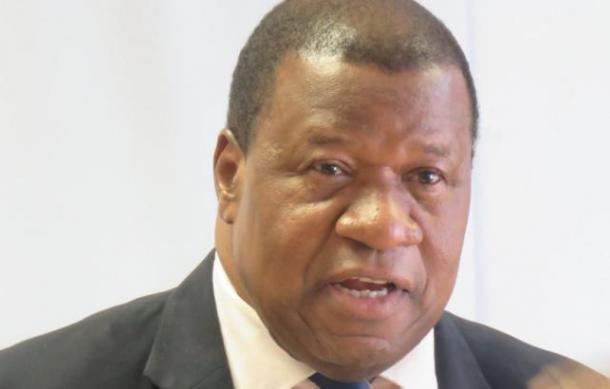
Deputy Prime Minister John Mutorwa is urging the Kunene Regional Council's management to assess the drought situation and to ensure that people in need benefit from the government's drought relief aid.
Mutorwa made an appeal during his visit to the region to assess the drought situation.
"Issues like disaster risk management, disaster risk reduction, and disaster responses—I think I can only urge us, particularly the leaders, to familiarise yourselves; don't invent things that the law is not talking about. Because it does bring problems. Now, in some regions where the relief that is meant to those that qualify, those that are maybe so vulnerable are channelled somewhere else."
Mutorwa highlighted the important role each stakeholder plays in aiding those affected by disasters.
The Chairperson of the Kunene Management Council, Hendrick Gaobaeb, informed the Deputy Prime Minister that the region is severely affected by drought.
"Animals lick, fodder, grass bulks, and so on are also not yet reaching. Although it is said those licks and fodder must also be provided for the livestock, that part has not yet reached Kunene Region."
Gaobaeb suggested that relief aid be given to those residing in the region's informal settlements, who he said are equally affected.
"Growth of informal settlements causes commercial farmers; they are not hesitating like us; it might, we might get rain next year, and so on. Once they check that the drought is coming, they are selling out their animals, and these people are dropping their employees in Kamanjab, Outjo, Khorixas, and so on. The informal areas in those towns are expanding, and again, in the drought, we are describing those who must benefit from drought relief food, only in rural areas, but the impact is also not limited to urban areas."
Human-wildlife conflict, communities fighting for grazing areas, water scarcity—exacerbated by a lack of rainfall—and late approval of the council's budget were some of the challenges presented.





